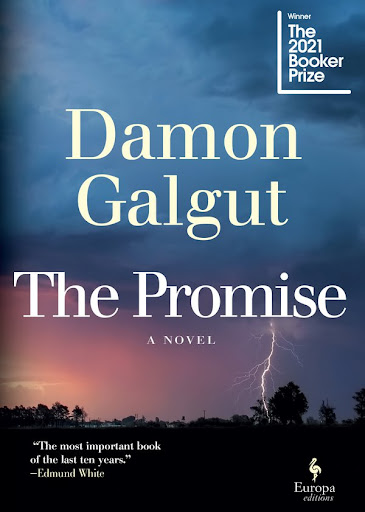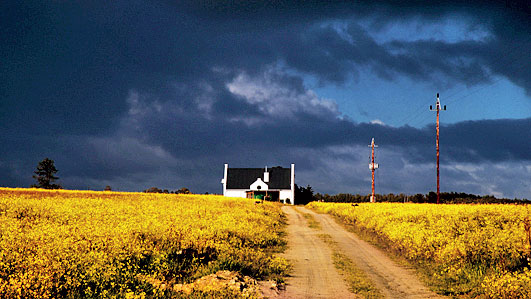Book: The Promise
Author: Damon Galgut
Publisher: Europa
Price: $25
The plot of Damon Galgut’s Booker Prize-winning, The Promise, is built around a house and its land — the Swart family farm — and the questions of who will live in it, inherit it, redeem it. The drama of the novel hinges on a promise made by Manie, an Afrikaner, to his wife, Rachel, on her deathbed — that he would give their black maid, Salome, the deeds to the annexe she occupies. This promise would have died with Rachel had it not been overheard by her youngest child, Amor. The unfulfilled promise turns into a curse as the family starts losing one member after another.

The Promise by Damon Galgut, Europa, $25 Amazon
Three decades of South African socio-political history — from the dying days of the apartheid to the disappointment of Jacob Zuma’s presidency — are woven into this saga of loss. Not only is The Promise one of Galgut’s most overtly political novels, but it is also one of his most inventive when it comes to narrative technique. Like Virginia Woolf, Galgut employs a free-floating narrator, providing the perspectives of primary characters and minor ones as well as of those with fleeting, spectral presence, such as roving jackals and ghosts. It is striking that, in a novel marked by the adventurous shape-shifting of its narrator, the voice of Salome, the very pivot of the book, is barely heard. Her ambitions and thoughts remain pointedly subdued. Galgut makes a bitterly deliberate case for such an omission, underlining the idea that Salome has indeed been silenced by those in control of her destiny.
J.M. Coetzee’s Disgrace, another novel about a farm, history’s poison, and the question of inheritance, inevitably shadows The Promise. Both books become allegories of larger historical realities. The Swart farm is not just a family property but also comes to stand in for contested land and, in turn, an entire contested country. In the novel’s accounting, white South Africans cannot inherit this land, and do not deserve to. As in Disgrace, the only role appropriate for white people seems to be one of atonement.











